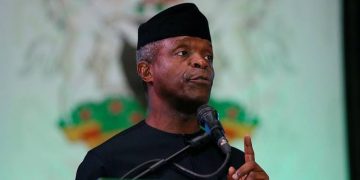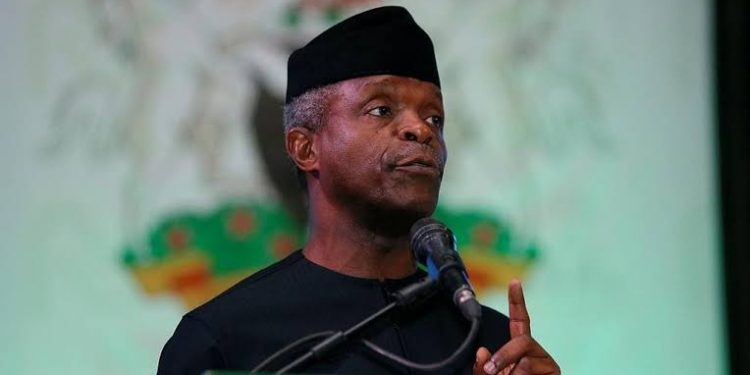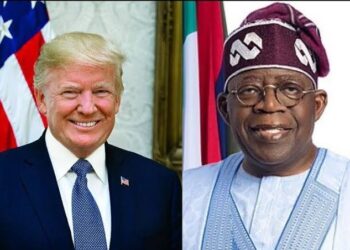By Emmanuel Nduka
Nigeria’s Vice President, Prof. Yemi Osinbajo says the country’s plan for transition to zero emissions by 2050 will cost $400billion.
Osinbajo who stated this on Thursday at a Virtual Panel Discussion on “A Just Transition: Balancing Climate Mitigation with Africa’s Development”, hinted that Nigeria is one of the few developing countries to have drawn up a plan and tried to cost it as well.
Speaking at the forum organized by the Tony Blair Institute for Global Change, he noted that “this is why we have the figure of $400 billion. If you look at what can work, we are looking at Nigerian Climate Change Finance Facility.
“There’s one which we are working on at the moment with the African Finance Corporation, AFC, and ARM Harith; we are trying to create that facility. We think that we could mobilize up to $10 billion to finance local green projects.
“The Federal Government is also on the verge of operationalizing an InfraCo, a N15 trillion Infrastructure Fund which could have a dedicated green finance component as well as projects to reduce emissions from main pollutant activities in Nigeria.
“There are other initiatives that we are working on, and one of those is being able to exploit our gas resources for as long as it is possible because it is an important issue for us and thereafter, a diversified economy, especially around technology.”
While noting that Nigeria’s expectation is that more developed countries would change the direction of the conversation around energy transition in favour of Africa at the global summit, Prof. Osinbajo noted that conversations at the forthcoming Climate Change Conference in Glasgow, Scotland, must be tilted in favour of Africa.
The COP26 Summit, scheduled to hold in Glasgow, Scotland, from October 31 – November 12, will bring the global community together to accelerate action towards the goals of the Paris Agreement and the UN Framework Convention on Climate Change.
“It is an opportunity to talk, to engage, and I think that we really need to engage. I think we need to just change the direction of the conversation especially as it affects Africa and then talk in concrete terms about what the implications of net-zero emissions by 2050 or whenever, will mean for Africa and the world,” he added.
Speaking earlier, former UK Prime Minister, Tony Blair called for a new partnership with Africa on Climate Change, noting that the partnership will also “help put the projects for clean energy and development in Africa on an investable footing. When people invest in Africa, the rates of returns are very good and the risks are not as great as people think they are.”
“It is going to be necessary to use gas as a transitional fuel, and doing that is essential, not only for development but also for the environment.
“I really like the idea of a new partnership with Africa on Climate Change because a lot of the conversations going on about climate change are over the heads of many of us in Africa because the issues that concern us are not on the table,” he added.




































